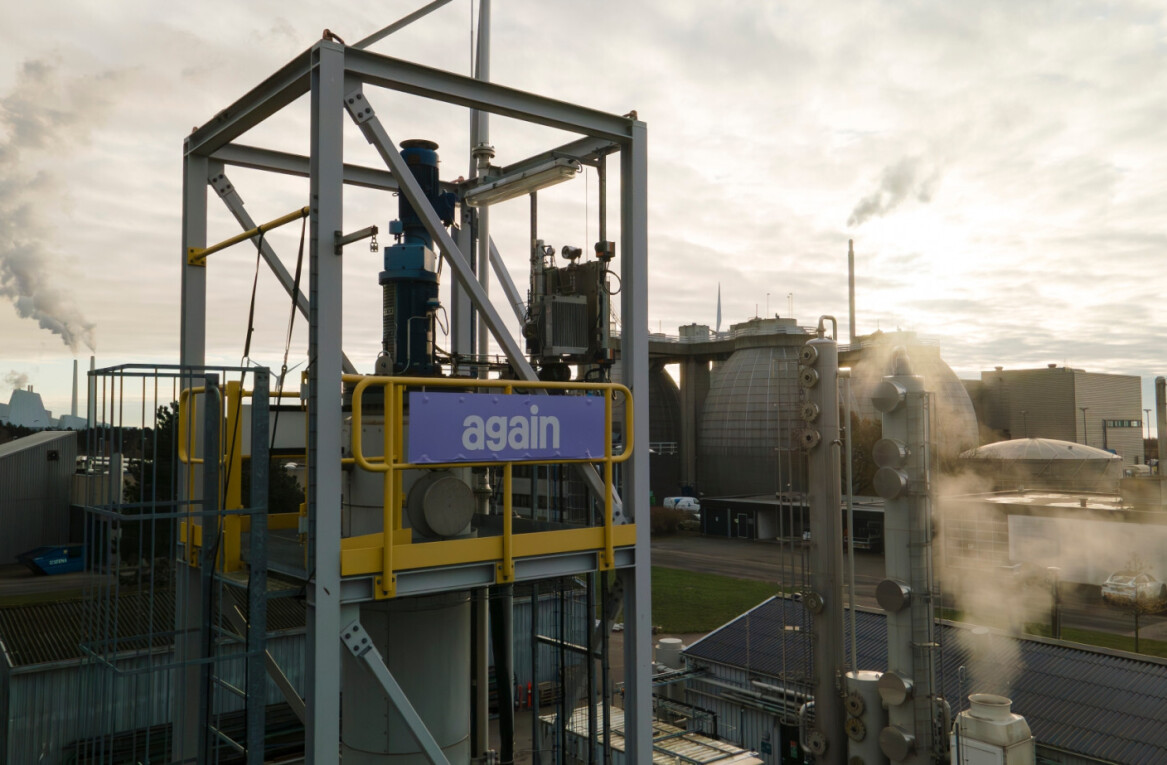
Despite the tech startup funding landscape appearing gloomier than in many years, there are a few potential bright spots. Long-term climate targets in Europe and beyond are creating new opportunities for cleantech developers and investors.
While there may be a recent dip in activity, funding has practically catapulted in the past couple of years. In order to recover from our addiction to fossil fuels, it is going to take a fundamental shift of the current paradigm. And there are significant amounts of money being thrown at the problem.
As reported by Bloomberg, the total global investment into the energy transition, private and public, reached $1.1 trillion in 2022. This was up from a mere $214 billion ten years prior, and the numbers have positively skyrocketed since 2020.

Specifically, the total of VC funding in climate tech last year hit $70.1 billion – a rise of 89% compared to 2021 in an otherwise bleak year for investments.
While the US leads the global climate tech VC investment race with $26.8 billion, Europe sits firmly in second place with $17.9 billion, which represents an increase by over 100% from the year before.
Most of European climate tech investment is local
A report put together by Dealroom and Talis Capital late last year found that in 2021, the European climate tech ecosystem was worth over $100 billion: a value that has also more than doubled since 2020. The majority — 70% — of European climate tech investment stems, thus far, from local investors.

“What we find fascinating about climate tech companies is that – as opposed to the great venture stories of the last decade like Uber and Airbnb – they aren’t creating new markets,” said Matus Maar, co-founder and managing partner at Talis. “Instead, they’re approaching some of the largest existing markets and reinventing them with sustainable alternatives.”
Energy storage tops the list for cleantech investors
Meanwhile, it is not a matter of simply throwing more money at already existing clean technologies. Previously, venture capitalists may have chosen to mostly fund startups in, for instance, solar power and EVs. As these technologies have matured, the trend is shifting towards other innovations such as decarbonising food production, or carbon capture and sequestration. However, energy storage technologies, including batteries, are seeing the highest levels of investment.
According to Bloomberg, mobility funding still ranks high on the list of total amount invested globally with ($11.4bn), but has been surpassed by storage ($18.4bn), and is closely followed by food and agriculture ($9.5bn). The other main sectors are renewables ($8bn), circular economy ($6.2bn), carbon markets ($5.4bn), built environment ($4.9bn), resources ($4.7bn), data and finance ($1bn), and biosphere ($0.6bn).
When looking at the top five of number of deals closed, mobility only came in as the fifth sector (334), beaten by storage (559), food and agriculture (537), circular economy (508), and renewables (417).
In the words of the authors of the Bloomberg report that presented the figures, for early-stage investors, “solar panels and electric vehicles are so 2011.”
However, according to fresh data, even the climate tech sector is not immune to the diminishing investment trend. VC and private equity flows fell 12.8% in Q1 compared to the rolling four-quarter average.
Get the TNW newsletter
Get the most important tech news in your inbox each week.




